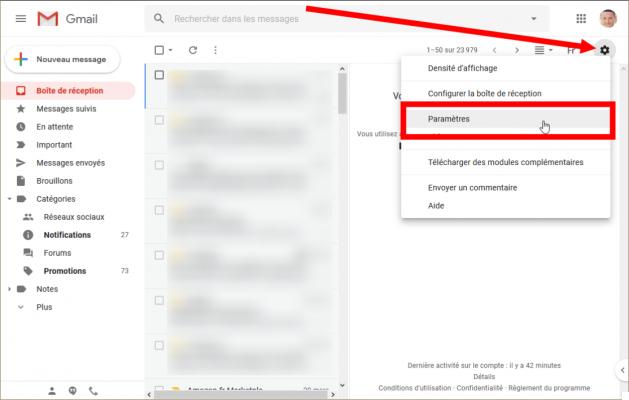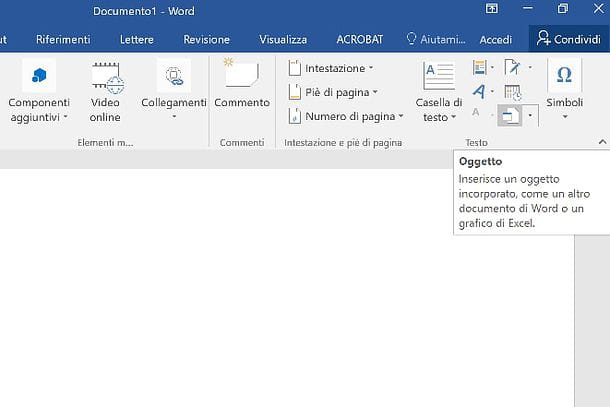Mark Zuckerberg's social network increasingly against hoaxes on the net






La Facebook's battle against fake news continues to animate the public debate: after the recent closure of some Facebook pages that earned clicks thanks to invented news, Mark Zuckerberg's social network announced a further tightening of the algorithm of its NewsFeed - the one where a selection of the posts of their friends and of the Pages followed - is shown to discourage the spread of hoaxes and the so-called clickbait.
The techniques of clickbait mainly used on Facebook are two:
1. The use of misleading images: an example is represented by the articles that, speaking of the death of a not-too-famous person, publish the photo of the latter in the company of a celebrity, omitting the name of the deceased person in the title and thus leaving us to imagine that the celebrity is dead.
2. The use of sensational headlines, ("You will never guess what this politician said ...") which are often used to propagate blatantly false and often racist articles.
The use of these techniques often allows a post to be shared by thousands of people in a few hours, with a truly remarkable turnover - thanks to the advertising banners present on the target sites.
The further modification toFacebook algorithm aims to recognize the posts on which people click a lot but return to Facebook shortly after, a sign that the news is of little relevance and that its title is excessively attractive. Furthermore, the latest updates have categorized tens of thousands of clickbait titles, based on some common sense assessments: the title hides key details to understand the content of the article? Does the title exaggerate the premises of the article, suggesting a different content from that promised in the title?
The system therefore works like the spam filter of an e-mail box and identifies, in addition to the clickbait titles, also the domains from which they come, penalizing them heavily. Domains that publish many clickbait titles they will then begin to appear in lower and lower positions in the NewsFeed until it almost completely disappears.
| Don't miss a single post from your favorite social networks, with InformaticsKings Mobile. Discover the new MyOpen offers! |

























![[Review] Samsung Powerbot VR7000: the robot vacuum cleaner from Star Wars](/images/posts/6bc44de38605b5c0fa12661febb1f8af-0.jpg)





